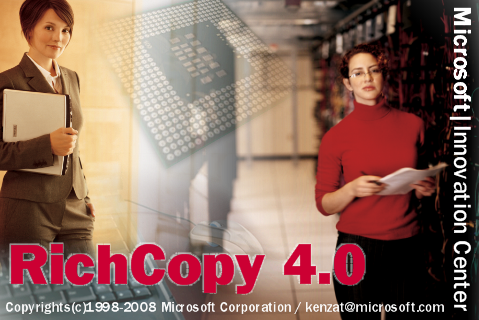Court Rejects Defendants’ Claim of Undue Burden in ERISA Case – eDiscovery Case Law
Court Rejects Defendants’ Claim of Undue Burden in ERISA Case – eDiscovery Case Law https://cloudnine.com/wp-content/themes/cloudnine/images/empty/thumbnail.jpg 150 150 CloudNine https://cloudnine.com/wp-content/themes/cloudnine/images/empty/thumbnail.jpg
In the case In re Coventry Healthcare, Inc.: ERISA Litigation, Maryland Magistrate Judge Jillyn K. Schulze rejected the defendants’ claim of undue burden where they failed to suggest alternatives to using the plaintiffs’ search terms and where they could enter a clawback order to eliminate the cost of reviewing the data for responsiveness and privilege.
read more



